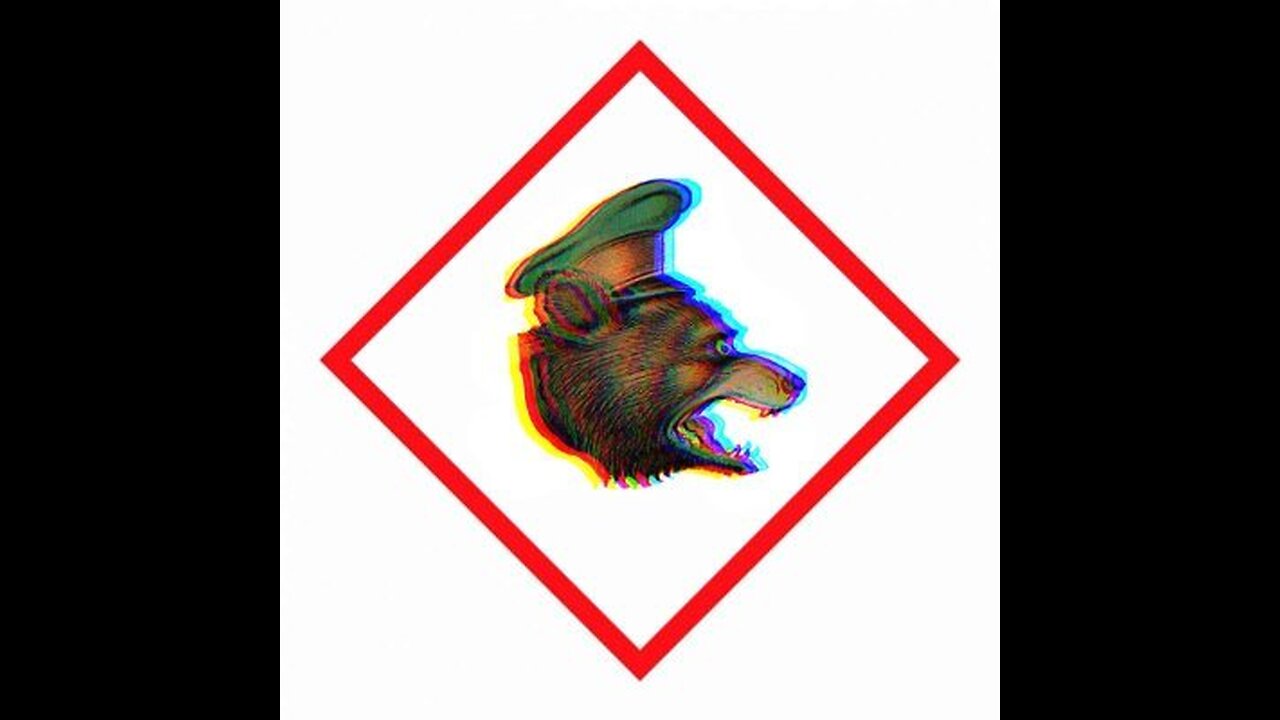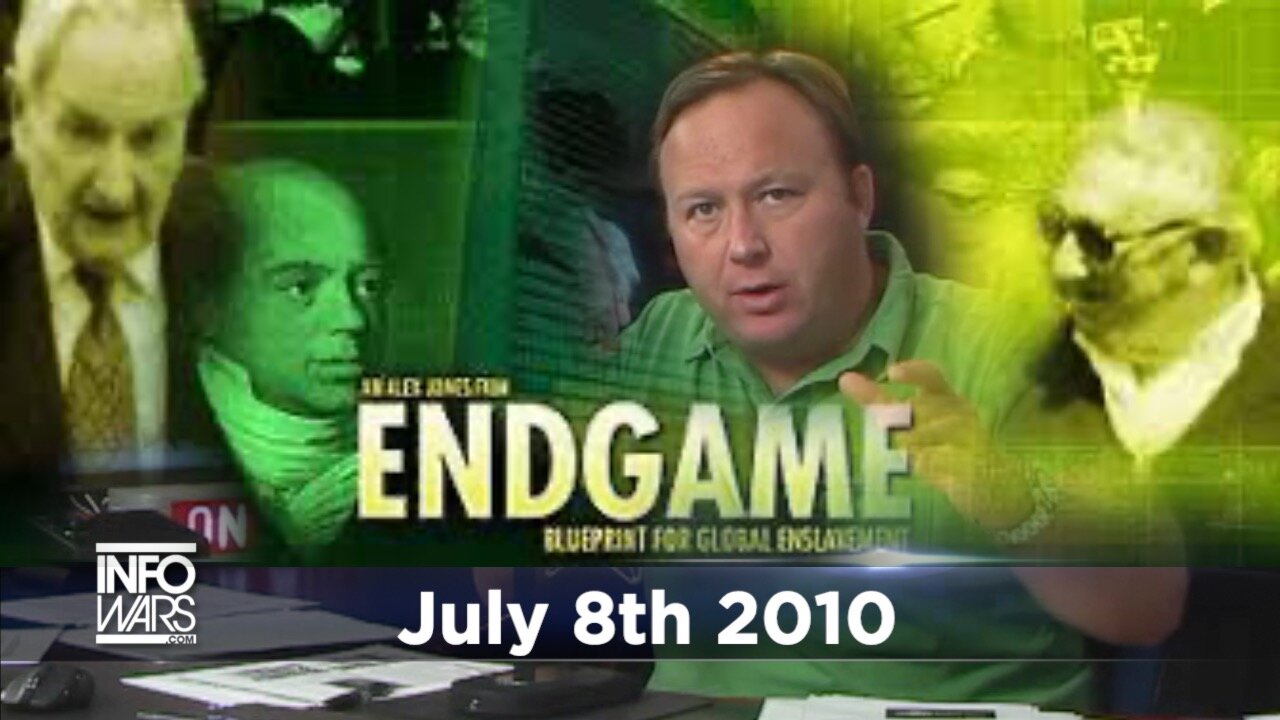Horror in the East (Part 1)
https://archive.org/details/BBC.Horror.in.the.East.1of2
Horror in the East: Japan and the Atrocities of World War II (2000) is a two-part BBC documentary film that examines certain actions, including atrocities, and attitudes, of the Imperial Japanese Army in the lead up to and during World War II. The film also examines attitudes held by the British and Americans, toward the Japanese. It was written and produced by Laurence Rees and narrated by Samuel West.
Part One - Turning Against the West
In the opening decades of the twentieth century Japan appeared enthusiastically to adopt western values, 'from dancing to democracy'. As far back as 1885 a Japanese academic had coined what became a popular slogan - Abandon Asia, go for the West. Crown Prince Hirohito had visited London in the early 1920s.
"In the 1920s the Japanese were being taught that their emperor was more than just a mere human, he was a living god - it was in the interests of one group more than any other that the Emperor be perceived as an all-powerful living god - the armed forces."
Like the rest of the country, the Japanese monarchy was changing too - but not in a way that made it resemble Western royalty. In the 1920s the Japanese were being taught that their emperor, living in a 280-acre (1.1 km) park in central Tokyo, was more than just a mere human being - he was called a living god. Children were educated to think of the emperor as a god in the form of a human being. In Japan it was in the interests of one group more than any other that the emperor be perceived as an all powerful living god - the armed forces. Only ultimately accountable to their supreme commander Hirohito, as long as they acted in the name of their 'divine' emperor, elected Japanese politicians found it almost impossible to control them - and by the late 1920s many within the army thought that Japan should act decisively, and expand. Masatake Okumiya (Japanese Imperial Navy): "Japan's population was increasing - its natural resources could not sustain such an increase. Ideally we hoped to receive co-operation from other countries to solve the problem but, back then, the world was under the control of the west and a peaceful solution seemed impossible. We decided, as Britain, America and France had done in the past from time to time, to use force to solve the problem." By the early 1930s western countries had colonized much of Asia.
By the early 1930s western countries had colonized much of Asia.." photo: French soldiers in the Tonkin circa 1890
Britain - Hong Kong, Burma, Malaya; Holland - Dutch East Indies; U.S - Philippines; France - French Indochina.
Japan, late on the scene, only had under its control, Taiwan, a few islands in the Pacific, and Korea. In 1931, the Japanese army launched an attack on Manchuria. At the League of Nations in Geneva the Japanese actions were condemned. Japan left the League accusing the Western powers of hypocrisy. In Japan, in face of growing economic depression and a sense of the West's double standards, the call was to expand even further and conquer more territory within Asia. By 1937 the Japanese army was five times what it had been around 1900. Many in the military thought that in an army that had grown so much, to maintain discipline, it was necessary to make the training of recruits more brutal. If the soldiers made the smallest mistake they were beaten, with fists or bamboo sticks. Recruits were instructed also to hit each other. And the Japanese military did not just want to mould their own soldiers but the general population too. Japanese who adopted western values were ridiculed, women who rejected a tradition of subservience were attacked. Many ordinary Japanese, as well as politicians and businesspeople, now supported the drive toward a bigger empire on the Asian mainland, and the minority who openly opposed military expansion risked assassination. Seven prominent Japanese, including two Prime Ministers, were murdered by army officers during the 1930s. Seeking to create a giant colony the Imperial army moved in 1937 into eastern China. The Chinese were not worthy of the land according to the dominant ideology; they were called bugs, animals, below-human. Yoshio Tsuchiya, (Japanese Secret Military Police):" The Chinese were inferior - didn't belong to the human race. That was the way we looked at it." In December 1937 the Japanese Army reached the then capital of China, Nanking. (Film taken by John Magee is shown). Men were set on fire, women beaten, bayoneted, raped. After Nanking atrocities followed in the Chinese countryside - the Chinese used for bayonet practice. Yoshio Tsuchiya (imprisoned 1950-56 for war crimes): " The first time you still have a conscience and feel bad, but if you are honoured and given merit and praised, that will be the driving power for the second time - after the second time I didn't feel anything." A soldier is asked why he felt no guilt or shame raping and killing women. He replies : " Because I was fighting for the emperor. He was a god; in the name of the emperor we could do whatever we wanted against the Chinese." Meanwhile the god-emperor of Japan spent most of his time secluded behind the walls of his palace. Even today opinion is divided among historians as to the extent the emperor knew of the barbaric crimes his soldiers were committing in China. " What is certain is that no evidence has surfaced that he ever attempted to hold his soldiers to account for their vicious conduct in China" Rees's film concludes.
Representative examples are then given of pre-Pearl Harbor attitudes towards the Japanese amongst the British and Americans. Sir Robert Brooke-Popham, overall Commander in Chief of the British in the Far East is quoted, and Gene La Rocque (USS Macdonough (DD-351) :" Our concept of the Japanese prior to Pearl Harbor was that they were a weak, not very sophisticated people..so foreign to us ..just of small stature, not a very friendly but also not a very intelligent group of people - obviously, of course, we were wrong."
Robert Brooke-Popham (at left) writing in January 1941 - " I had a good view across the barbed wire of various sub-human specimens which I was informed were Japanese soldiers. If these represent the average of the Japanese army I cannot believe they would form an intelligent fighting force."
But there was another western nation which did value the Japanese - Nazi Germany. Indeed, Nazi Germany and Imperial Japan wanted to form an alliance. A formal treaty of alliance was signed between Germany, Japan and Italy on 27 September 1940. Japan used the moment to move into northern Indo-China. This had been a French colony but the Germans had just overrun France so for the Japanese it was ripe for the picking. Japan wanted to create a greater East Asia co-prosperity sphere. The slogan was Asia for the Asians - in essence the locals were swapping one colonial master for another. In Washington the American government, nervous about Japanese colonial intentions, announced that fuel sales to Japan would be suspended if Japan did not reconsider her aggressive actions. With no fuel resources of its own Japan believed it could now either give up its imperial ambitions, or fight the Americans. They attacked Pearl Harbor and, moments after, attacked Hong Kong. As the Japanese advanced into Hong Kong the Chinese inhabitants of the city became a particular target. Rees's film interviews too a British nurse who tells of how, on 25 December 1941, the day of the British surrender, - nurses at the makeshift hospital at the Hong Kong Jockey Club were raped.
By the spring of 1942 - Singapore, Burma, Malaya, and the Philippines were under Japanese control.
By the spring of 1942, Singapore, Burma, Malaya, and the Philippines all fell to the Japanese. Japanese newsreel and commentary :" 60,000 prisoners were lined up along the road so that they could have the honour of seeing the great commander Yamashita. The prisoners consisted of soldiers from Britain, Malaya, Australia, India, a parade of mongrel troops." About 350000 POWs eventually fell into Japanese hands in south-east Asia. More than one in four died in captivity.























